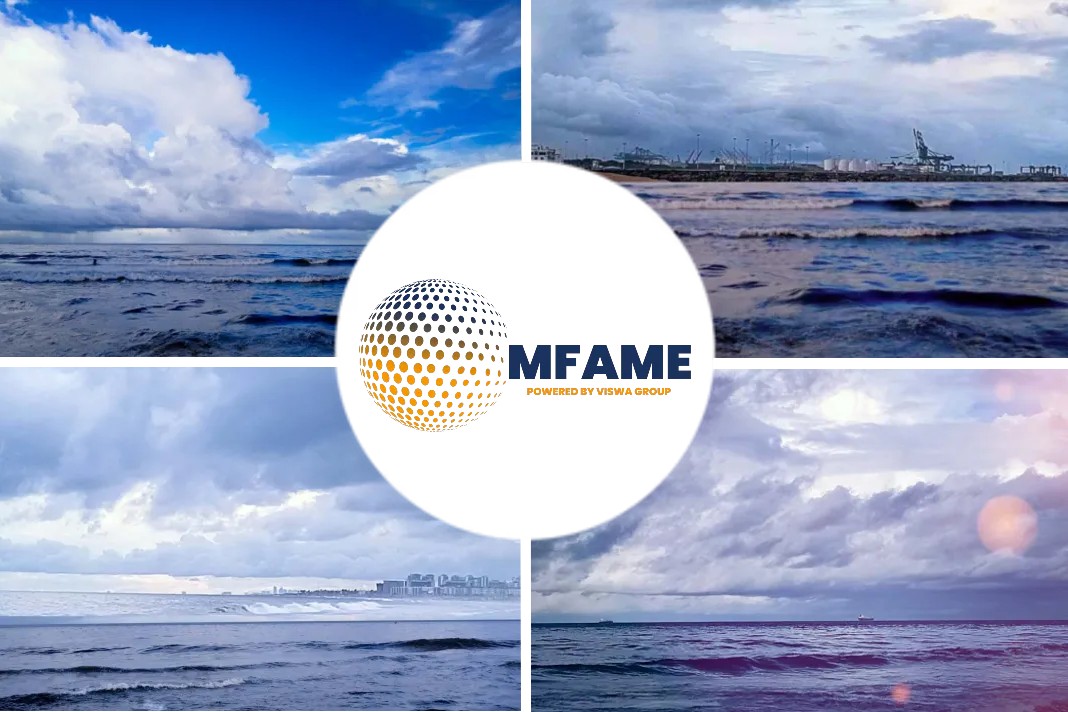Ship operators are working hard to meet the incoming decarbonization requirements. Most focus is on the technical, commercial, regulatory, and legal implications of the new requirements.
But is enough consideration being directed towards personal safety? The technology changes may increase the risks around safety. So, it seems obvious that crew safety must be considered as a key part of decarbonization projects, argues Mark Smith, Loss Prevention Executive, North P&I Club, in SeaSense column, our special column in association with the North P&I Club. An article from Safety4sea summarizes his statement.
Alternative fuels for shipping
For example, some of North’s Members who have opted for LNG as a fuel have used expertise and processes from LNG carriers to Help them build safe systems and process when using LNG as fuel. This includes crew training sessions, and familiarization with LNG bunkering systems prior to officers joining the vessel. In addition Masters, Chief Engineers, and other Senior officers contribute to safe operations by sharing their good practices and experience helping to build up a robust safety system around the use of LNG as a fuel.
However, many alternative fuels have little or no history as a fuel for shipping. Hydrogen, methanol, ammonia, and other emerging technologies are in their infancy in shipping, so naturally sector specific expertise is limited. Lessons can only be learnt from other sectors or by creating robust safety scenarios when designing machinery and associated operating systems.
Safety considerations must be built into any project from the ground up and considered from every angle
Considering the human factor
Even where this is the case things will go wrong. When things go wrong, or where there are near misses, the industry should establish mechanisms to share the knowledge gained and lessons learnt. A positive feedback loop in companies and in respect of individual alternative fuels should be established.
Ship owners building vessels that can operate with alternative fuels should consider the human factor with regard to usability and crew training when selecting vendors of such equipment in the early stages of ordering a new build. Whilst some equipment manufacturers run type specific training courses, this is not the case for all, and the industry really needs makers of equipment to focus on enhanced training for crews unfamiliar with the dangers of new technologies.
It shouldn’t stop at vessel delivery either, in the case of some equipment the risks increase over time as the rigours of the marine environment cause wear and damage to equipment. The dangers of poor maintenance need to be highlighted too; this may include refresher training for crews.
Will STCW Help?
IMO Maritime safety committee (MSC 104th session) recognised that revisions are needed to the International Convention on Standards of Training, Certification and Watchkeeping for Seafarers, 1978. It was also noted that training could only be developed after the adoption of IMO instruments.
In some cases, this may take years resulting in misalignment between provisions and standards entering into force and suitable training development. So STCW will change but it’s likely that the technologies that support decarbonisation will be in service in advance of any STCW changes. In the interim the industry must ensure that training is sufficiently developed to keep seafarers and ships safe.
It’s imperative that stakeholders to work together to ensure safety.
Head over to North’s dedicated area to learn more about the decarbonisation options available and guidance on the different technologies and contractual material https://www.nepia.com/topics/navigating-decarbonisation/
Did you subscribe to our daily Newsletter?
It’s Free! Click here to Subscribe.
Source: Safety4sea
























